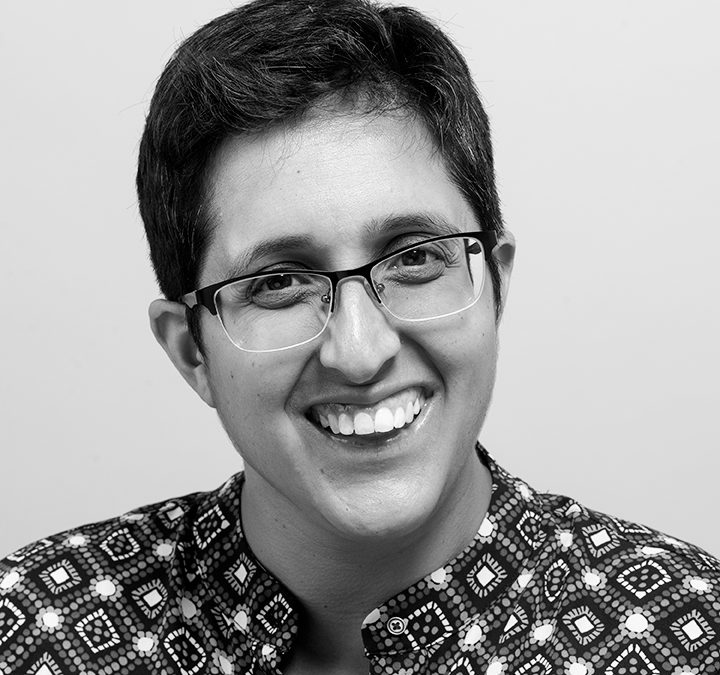Neema Avashia was born and raised in southern West Virginia to parents who immigrated to the United States. She has been a civics and history teacher in the Boston Public Schools since 2003. Her first book, “Another Appalachia: Coming Up Queer and Indian in a Mountain Place,” was recently published this past March 2022.
Neema begins by talking about how how her book Another Appalachia came together. Initially, her book was a collection of essays mapping her experience growing up in Appalachia to her Indian immigrant parents.
One important theme in the book is nostalgia. She describes it as “a sense of missingness, of lost lovers or homes. The love that remains, even after objects of that love are gone.” Although she certainly doesn’t sugarcoat the racism and discrimination she experienced, for her, the hard parts were outweighed by the good.
So much has changed about her hometown on Pamela Circle in West Virginia. When she was growing up, her hometown was healthy and people had work and there was civic engagement, However, today she says there is a level of pain that has left the people in really rough shape.
Another powerful part of the book focuses on the role of community. Her understanding of community was shaped by the intersection of the Appalachian and Indian communities. She says both communities understand love in a very similar way. She writes: “We don’t say ‘I love you’ in my community. We cook for you. We host you in our houses. We accept your loved ones as our own.”
Although her experience of community is different in Boston than in West Virginia, she says there are certain people in Boston that feel like home. She says the pace of life here in Boston is a lot faster and people don’t slow down easily. It’s very different than her life growing up on Pamela Circle. She says she feels like she’s chasing that “feeling” from growing up on Pamela circle.
Neema speaks about the tension that she faces in her writing life. It raises some questions: how do you write non-fiction in a way that doesn’t make everyone mad? And what is the price of not expressing oneself and staying silent? Who does that silence serve? One of her writing professors encouraged her to “write with a clearer heart.”
Neema tells the story of playing Pandemic Santa with her partner Laura at the beginning of the pandemic. They would cook lots of food, randomly drop it off and offer joy to others. This is one way to make the world feel smaller and find your power.
In the end, Neema explains that her book has been medicine for many young people in Appalachia and elsewhere who might otherwise feel alone and disconnected. It’s a beautiful gift she can give her readers.
You can learn more about Neema and her book Another Appalachia right here on her website: https://www.neemaavashia.com/
Today’s episode’s sponsor is Microbiome Labs. For the last 9 years, Microbiome Labs has been committed to advancing understanding of the human microbiome. They are at the helm of innovation, putting new formulations and technology in the hands of healthcare practitioners and patients.
Among many other novel innovations, MBL can now help improve the gut-brain connection with their ZenBiome Cope and ZenBiome Sleep products. Maybe it has been a while since you’ve re-examined your probiotic choices, the science around the microbiome, or novel solutions that are coming out every day. Microbiome Labs will be here, at the forefront of science, continuing to pioneer health in this space.
For more about this strain and other gut microbiome products, visit microbiomelabs.com.
And, as a special bonus for The Drew Pearlman Show listeners, receive 15% off your total order from Microbiome Labs by using this discount code: https://microbiomelabs.com/shop/?guest=yes&ref=drew
Podcast: Play in new window | Download






